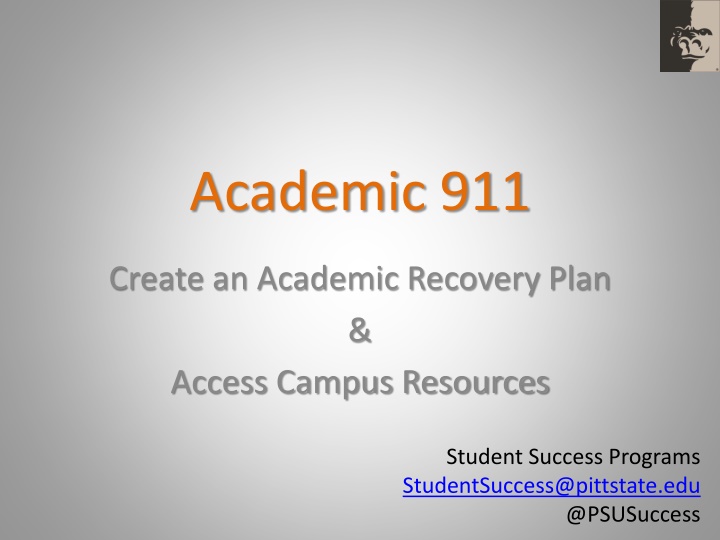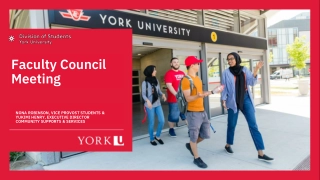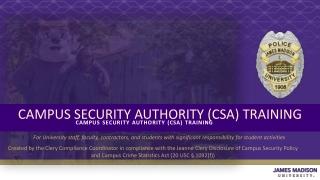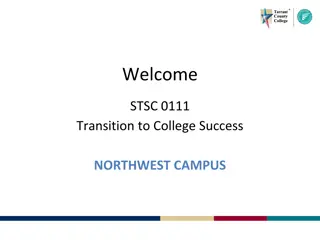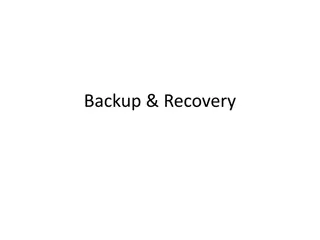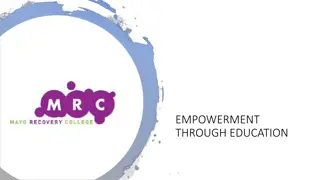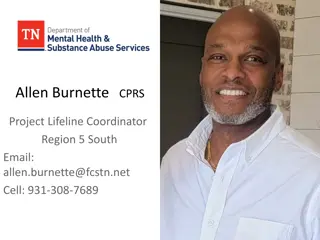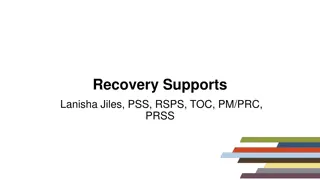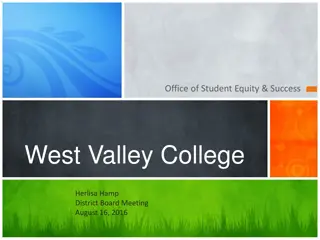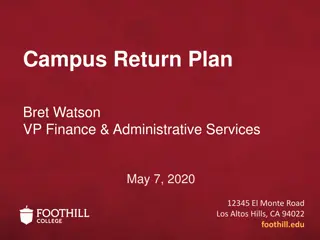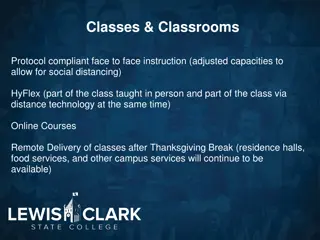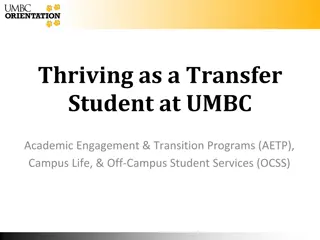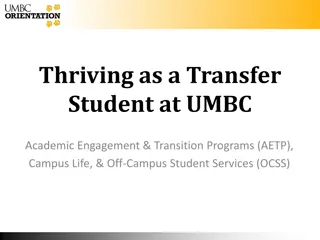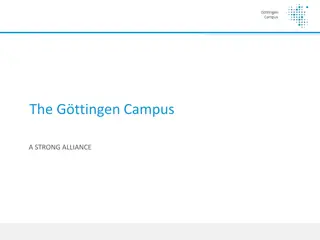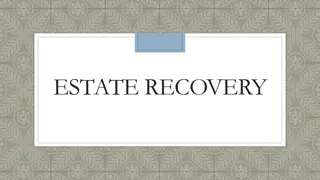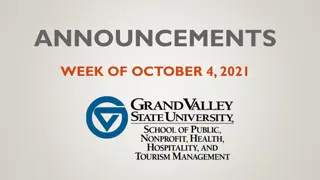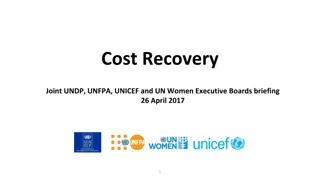Academic Recovery Plan & Campus Resources for Student Success
Learn how to create an academic recovery plan, access campus resources, and overcome obstacles to academic success. Identify challenges, improve study habits, and enhance memory retention through effective study cycles. Discover ways to build recall and organize study materials efficiently for long-term learning success.
Download Presentation

Please find below an Image/Link to download the presentation.
The content on the website is provided AS IS for your information and personal use only. It may not be sold, licensed, or shared on other websites without obtaining consent from the author.If you encounter any issues during the download, it is possible that the publisher has removed the file from their server.
You are allowed to download the files provided on this website for personal or commercial use, subject to the condition that they are used lawfully. All files are the property of their respective owners.
The content on the website is provided AS IS for your information and personal use only. It may not be sold, licensed, or shared on other websites without obtaining consent from the author.
E N D
Presentation Transcript
Academic 911 Create an Academic Recovery Plan & Access Campus Resources Student Success Programs StudentSuccess@pittstate.edu @PSUSuccess
I have a down-slip. Now what? Talk to your instructor Evaluate options for raising grade Can you pass the course? Discuss withdrawing with advisor AND financial aid
Academic 911 Identify: Obstacles Notes, Textbooks & Study Cycle Goal Setting: Take Action Success Resources
Identifying Your Obstacles Self Check: What is preventing you from achieving academic success? Ex: Too much tv, not happy with your major, poor study habits, poor time management, negative attitude, etc.. Use the Obstacles Worksheet to identify your obstacles
Notes, Textbooks & Study Cycle Lecture Textbook Outline
Notes, Textbooks & Study Cycle We lose around 80% of what we read unless we review it immediately and frequently. When we read our textbooks, review and organize lecture notes and frequently take 5-10 minute mini-study sessions we avoid having to essentially re-learn the material before an exam.
10 minutes of study 5 minutes 2-4 minutes of study of study 100%- - - - - - - - - - - - - - - - - - - - - - - - - - - - - - - - - - - - - - - - - - - - - - - - - - - - - - - - - - - - - - - - - - - Recall Day 1 Day 2 Day 7 Day 30 Short-Term Memory Long-Term Memory
Notes, Textbooks & Study Cycle Ways to build in recall: Review notes from previous class lecture/textbook assignments before class Review notes right after class and later that day Re-write notes and add in textbook reading, handouts, info/resources in Canvas, etc Schedule a Weekly Review: do a weekly review of the previous week and prep for the next week
Notes, Textbooks & Study Cycle Easy ways to build in more time for Reading Textbooks & Review/Regular mini-Study Sessions: 5-10 minutes before each class, review notes from previous class lecture 5-10 minutes after each class, review notes and add a few summary sentences Grab a classmate or two and meet up for lunch: bring class notes & review/discuss class lecture Mute TV during commercials to review lecture notes and skim reading assignments
4 Reasons to Create a Study Group 1. Active Learning By participating in a study group, you get an opportunity to ask questions and engage in the material. Accountability When you make a commitment to study with a group of people, you are more likely to stick to your study plan. If others are counting on you to be there, you won't want to let them down! Performance Improves With the right study group, your grades in a class can improve. Your understanding of the material can significantly increase, and you can perform better on exams. It's FUN! Study groups make learning fun. You get to meet new people, challenge each other's ideas, and it turns study time into a much more enjoyable experience. 2. 3. 4.
Note Taking Heading Date, Class/Subject Recall Mirror Questions Record Notes Reflect Summarize
Notes, Textbooks & Study Cycle More Effectively Use Your Notes: Review notes Immediately after class Before you leave the classroom, if possible Clear up illegibility, check for errors, fill in facts & examples Ask for clarification from instructor, classmates, text, etc Taking notes is pointless unless you intentionally engage in the class and regularly review your notes.
Notes, Textbooks & Study Cycle More Effectively Use Your Notes: Review notes Later that day & week Increase memory & recall by reviewing notes often in the days after class Use notes later in semester to study for exam Review of notes in days after lecture makes for shorter, more effective study time later. (Unless you enjoy spending hours re- learning info from earlier in the semester )
Remember: Frequent review = less study time later and better recall 10 minutes of study 5 minutes 2-4 minutes of study of study 100%- - - - - - - - - - - - - - - - - - - - - - - - - - - - - - - - - - - - - - - - - - - - - - - - - - - - - - - - - - - - - - - - - - - Recall Day 1 Day 2 Day 7 Day 30 Short-Term Memory Long-Term Memory
186116 gorilla.eps Goal Setting
Goal Setting SMART goals Specific Measurable Attainable Relevant Timely
Tutoring Information You can find Tutoring Information on the Student Success Program s website Courses that Tutoring is offered
Academic 911 Create an Academic Recovery Plan & Access Campus Resources Student Success Programs StudentSuccess@pittstate.edu @PSUSuccess
